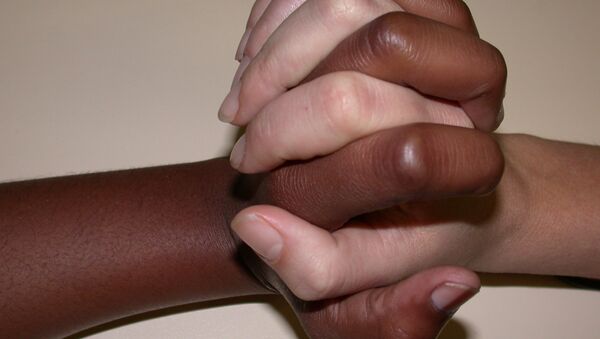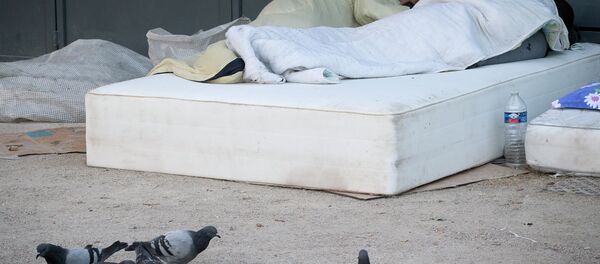In an interview with Sveriges Radio, Dahlberg complained that the problem forces her to look for clear plasters.
"Usually I try and find a clear plaster, to try and be a little more discreet, precisely because there are no plasters available close to my skin color," she told the radio station.
Eva Fernvall, of Swedish pharmacy chain Apoteket, responded sympathetically to the complaint.
"It is a bit embarrassing that we haven't thought of it ourselves," said Fernvall, and promised to try and find a supplier of darker plasters.
In a blog post in the Fria Tider news website, Dahlberg said that the problem was an example of the "whiteness norm" that exists in Sweden, where the majority of the population has white skin.
"It's a part of what is usually called the whiteness norm, that white individuals are what is the norm, they are the obvious," said Dahlberg.
.@P3Nyheter: "Hudfärgade" plåster finns bara i en färg http://t.co/qtNydOf8YI
— SR Nyheter (@sr_nyheter) 10 августа 2015
Fellow anti-racism activist Steffi Aluoch told Sveriges Radio that the problem is not confined to Band-Aids:
"If you google "nude dress," you start to understand, what is meant by the concept "nude." A sea of beige shades."
"Producers are beginning from the assumption, that all of their customers are white people. It means that we are not worth creating products for."
Aluoch said the problem is not just confined to sticking plasters:
"It could be for example underwear, tonal cream, which are meant for all types of skin. It seems ludicrous to me, because they are all talking about one type of skin – beige tones. There is a feeling that somebody decided, that my color of skin is not taken into account by society. It is some kind of dehumanization," said Aluoch.




